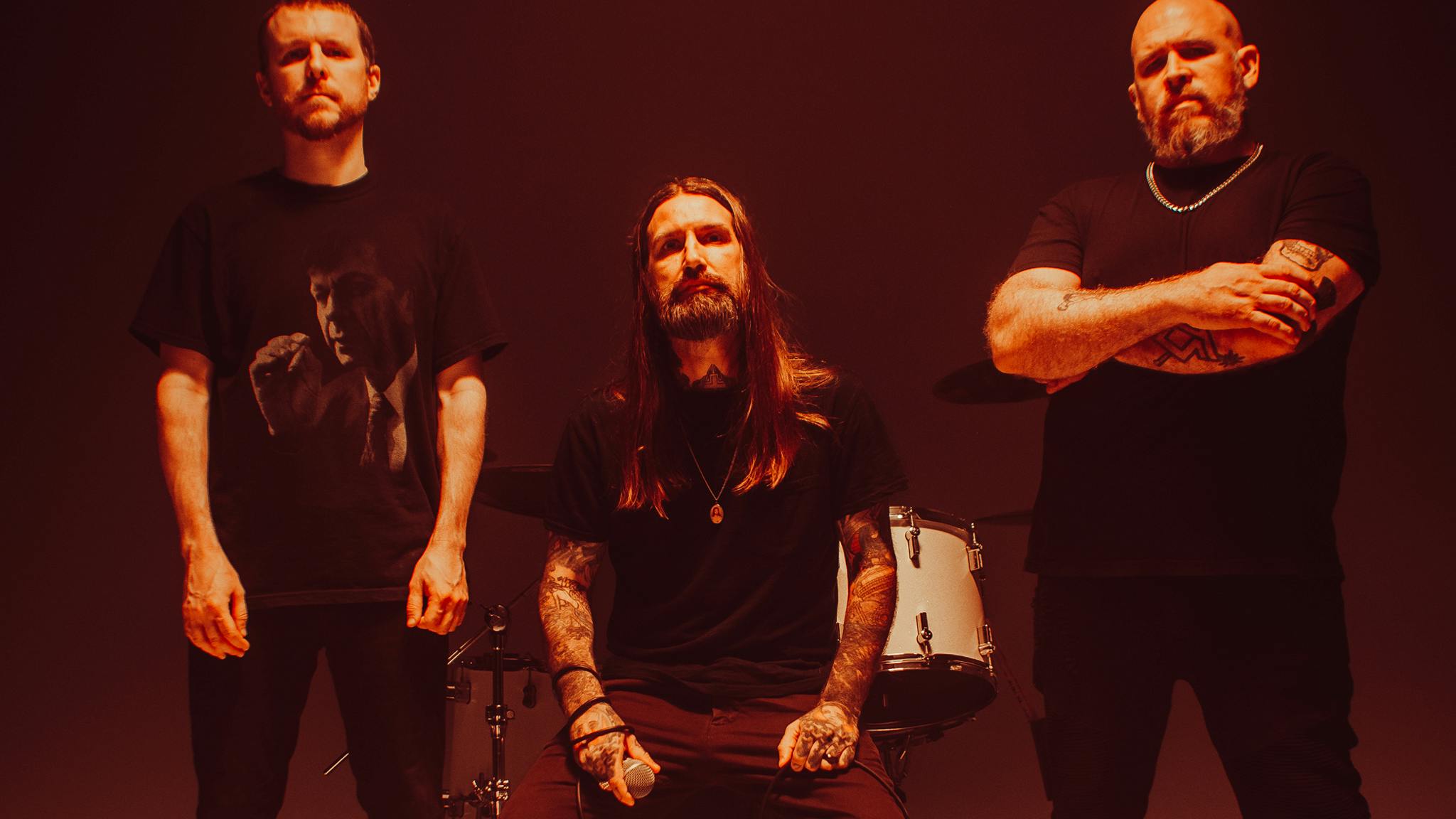Whatever you do, do not Google: ‘Biblically-accurate angels’.
It’s a nugget of wisdom that’s been knocking around the weirdest corners of the internet memescape for years now. All twisted dogma and teasing reverse-psychology, the dare is there for those not in the know to find out that – in the Old Testament, at least – God’s messengers were not the handsome, largely-humanoid figures with big wings, long robes and shiny halos that we know from modern Christian doctrine and popular culture. From the animal-human hybrid Cherubim to the six-winged Seraphim, they are weird, often frightening beings. None more so than the Ophanim, comprised of interlocking gold wheels filled with countless all-seeing orbs.
For Keith Buckley, there was no better inspiration after which to name his new band: Many Eyes.
“Angelology is awesome!” the singer grins. “I had been getting into studying a lot of that stuff – like, there’s a whole class of angels called ‘Thrones’, which are basically just chairs – but I found the idea of the Ophanim so awesome. There's no indication of any specifics on their measurements or anything, just that they have a ton of eyes. There’s something about that idea of silent observation that seemed to fit our music. It’s very eerie, not knowing if you’re watching or being watched.”
As oddball introductions to excellent new bands go, this is right up there. But Many Eyes are not messing around. Keith has just driven nine hours from his home in Buffalo, New York with daughter Zuzana in tow to join his bandmates – brothers Nick (drums) and Charlie (guitar) Bellmore – in Milford, Connecticut and as we sit down to talk for this first-ever full-band interview there is a real sense of purpose. Third single Future Proof is locked and loaded for release. Tour dates in support of post-hardcore veterans Thursday are due to commence in under two weeks. They’re due to meet touring bassist Sean Vallie for their first rehearsal as a four-piece in just a couple of hours.
“Maybe Many Eyes is a weird name for a band,” Charlie picks up, “but it’s not Murder Death Kill or something. It doesn’t pigeonhole us much. That’s good, because we want to play with everybody.”
Nick nods. “In a way, it sounds like its own already-established thing. It’s not a local band. But it’s not specifically ‘punk’ or ‘rock’ or ‘death metal’, either. It’s got a real ‘fresh start’ quality to it.”
